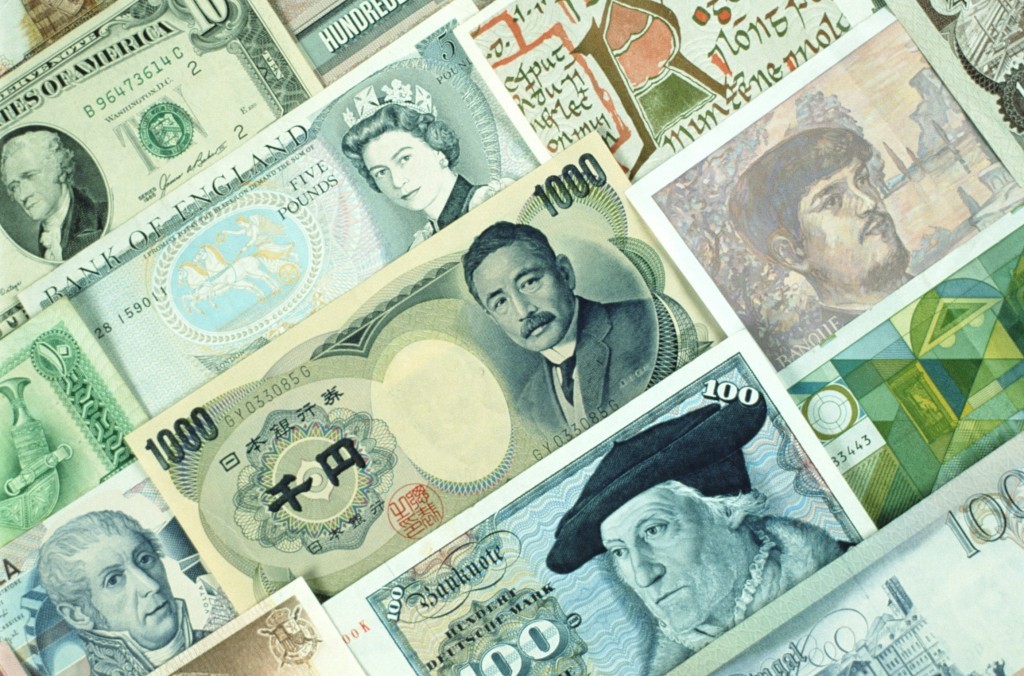
More affluent residents and citizens in oil-rich Persian Gulf countries are holding back on luxury spending, focusing instead on basic needs amid concerns over jobs and the health of the economy.
A regional survey commissioned by AmEx (Middle East) BSC, a joint venture between American Express Co. and Mawarid Group, found 20 percent of respondents reduced spending on luxury goods and services in 2015, compared with a 13 percent decline a year earlier. While respondents who earn over $75,000 a year are changing the composition of their spending, most plan to maintain or increase consumption this year, the survey found.
People are still “optimistic about how much they will be spending in 2016 despite the economic conditions in the region,” Mazin Khoury, Chief Executive Officer of American Express Middle East, said in an interview in Doha on Tuesday. “They are not saying we are definitely looking at a bad year.”
A 60 percent slump in crude prices since June 2014 ended a decade-long boom that fueled growth in Gulf countries and helped governments to amass foreign assets and residents to splurge on luxury goods. Gulf nations have reduced subsidies and have fired thousands of foreign workers to trim costs after oil-income plummeted.
Shifting Patterns
Consumers in Qatar, the world’s richest country per capita, buck the trend. Residents and citizens spent an average of $4,000 per month on luxury goods and services in 2015, up from $2,500 a year earlier, according to AmEx. The 2015 survey is based on 430 interviews conducted late last year in Qatar, Oman, Bahrain, the United Arab Emirates and Kuwait.
Changing priorities hasn’t hurt business for AmEx Middle East, Khoury said. Spending on travel, experiences and “personal wellness” is rising, while consumers in some countries are purchasing fewer designer clothes and giving up on fine dining by eating more regularly at home. Total spending is still increasing even as patterns shift, which AmEx can exploit by offering promotions on goods and services, Khoury said